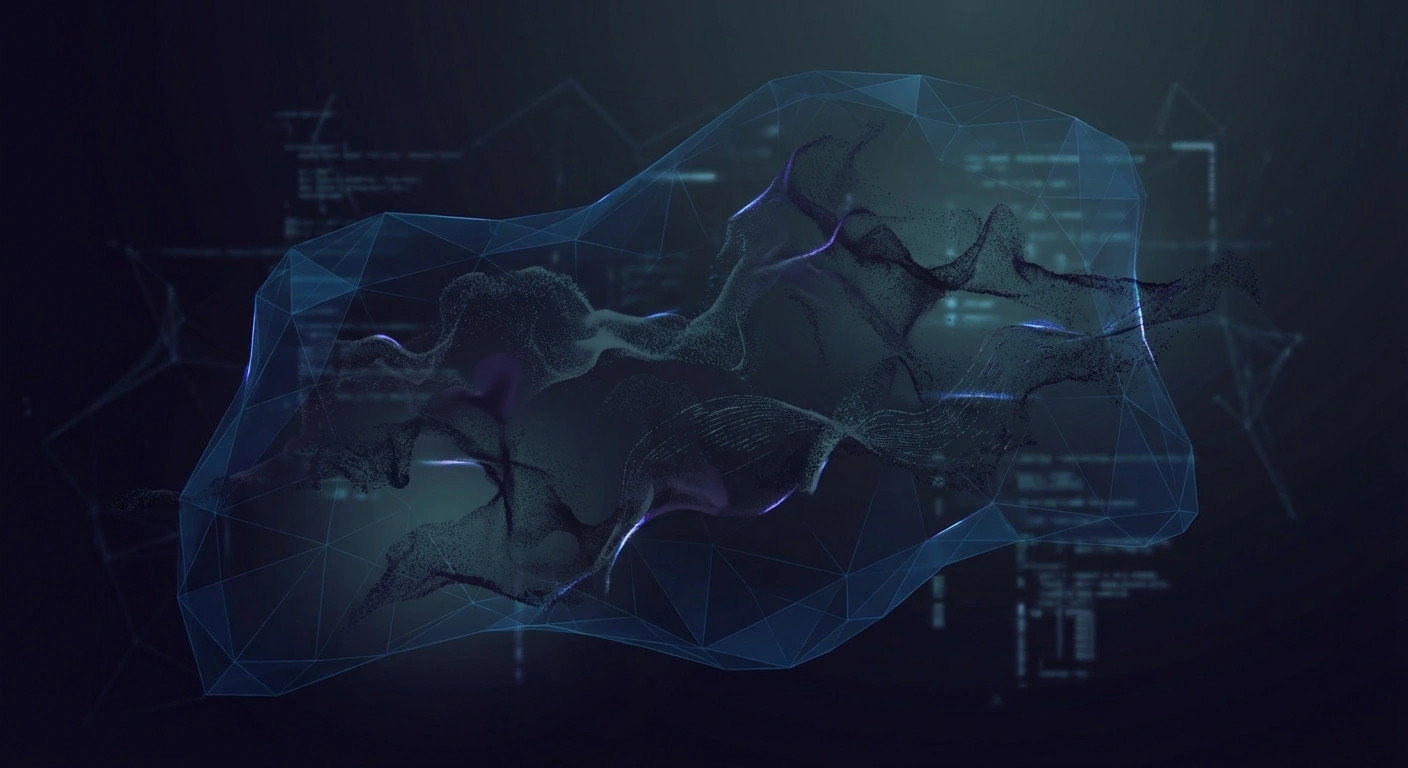Mirror Loop: When AI Reasoning Systems Fail to Converge
New research identifies 'mirror loop' phenomenon where generative AI reasoning systems enter recursive patterns that never converge, revealing fundamental challenges in multi-step AI reasoning architectures and self-referential computational processes.

A new research paper from arXiv identifies a critical failure mode in generative reasoning systems: the "mirror loop," a recursive pattern where AI systems become trapped in non-converging reasoning cycles. This phenomenon has significant implications for the development of increasingly sophisticated AI agents and reasoning architectures.
The Mirror Loop Phenomenon
The research examines what happens when generative AI systems attempt multi-step reasoning tasks that involve self-reference or recursive evaluation. Unlike traditional computational systems that either converge to a solution or fail with an error, these AI systems can enter what researchers term "mirror loops" - self-perpetuating patterns of reasoning that appear productive but never reach a stable conclusion.
In a mirror loop, the system's output becomes its own input in a way that creates an endless cycle of reprocessing. The AI appears to be reasoning through a problem, generating intermediate steps and evaluations, but each iteration simply reflects previous outputs without making genuine progress toward resolution.
Technical Architecture and Failure Modes
The paper analyzes the specific architectural characteristics that make generative reasoning systems susceptible to this failure mode. Unlike deterministic algorithms with clear halting conditions, large language models and similar generative systems operate probabilistically, sampling from learned distributions to produce outputs.
When these systems are configured to evaluate their own reasoning - a common pattern in chain-of-thought prompting, self-consistency methods, and agentic AI workflows - they can lose the external grounding necessary to break recursive cycles. The research identifies several triggering conditions including: self-referential prompts that ask the system to evaluate its own reliability, reasoning chains that exceed the model's context window leading to information loss and repetition, and feedback loops where slight variations in output accumulate rather than correct.
Implications for AI Agent Development
This research has direct relevance to the rapidly evolving field of AI agents and autonomous reasoning systems. Many contemporary approaches to improving AI capabilities involve giving models the ability to break down complex tasks, evaluate intermediate results, and iteratively refine their outputs. These techniques have shown impressive results but the mirror loop phenomenon reveals potential instabilities.
The findings suggest that building reliable AI reasoning systems requires more than simply allowing models to "think longer" or evaluate themselves. Engineers need to implement explicit mechanisms for detecting non-convergence, maintaining external grounding signals, and preventing recursive patterns from becoming self-reinforcing.
Detection and Mitigation Strategies
The paper proposes several approaches for detecting and interrupting mirror loops before they consume excessive computational resources or produce unreliable outputs. These include monitoring semantic similarity across reasoning iterations to identify repetitive patterns, implementing external validation checkpoints that provide non-recursive feedback, setting bounded iteration limits with explicit convergence criteria, and using diverse sampling strategies to break out of attractor states in the reasoning space.
For developers working with multi-agent systems or autonomous AI workflows, these findings underscore the importance of architectural safeguards. Simply chaining multiple reasoning steps or allowing models to self-evaluate may introduce instabilities that aren't immediately apparent in testing but emerge in production scenarios.
Broader Context in AI Safety
The mirror loop phenomenon connects to broader questions in AI safety and reliability. As systems become more autonomous and capable of extended reasoning chains, understanding their failure modes becomes increasingly critical. Unlike traditional software bugs that produce consistent errors, mirror loops can be subtle and context-dependent, making them challenging to detect and debug.
This research contributes to a growing body of work examining the behavior of generative AI systems under recursive or self-referential conditions. Understanding these dynamics is essential for building reliable AI systems that can reason robustly across diverse scenarios without entering pathological states.
The identification of recursive non-convergence patterns represents an important step in mapping the behavioral landscape of advanced AI systems, providing both theoretical insight and practical guidance for engineers developing the next generation of reasoning architectures.
Stay informed on AI video and digital authenticity. Follow Skrew AI News.



